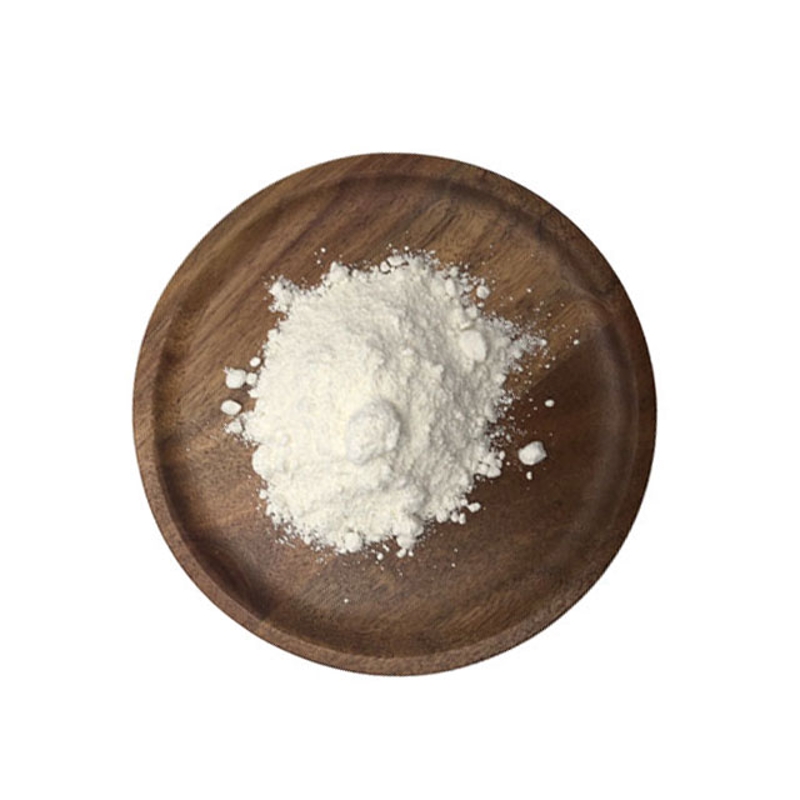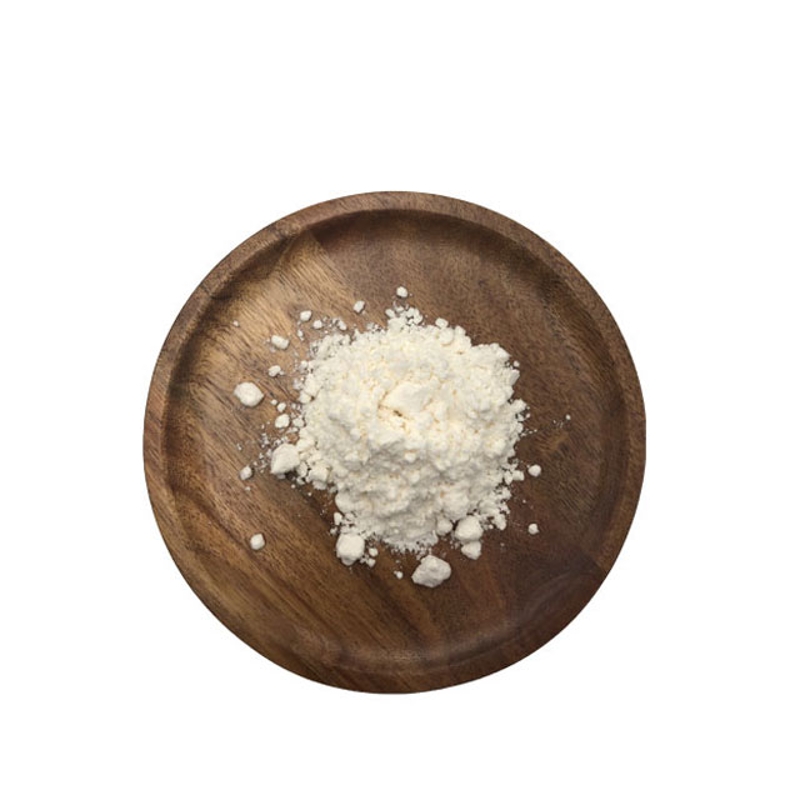-
Categories
-
Pharmaceutical Intermediates
-
Active Pharmaceutical Ingredients
-
Food Additives
- Industrial Coatings
- Agrochemicals
- Dyes and Pigments
- Surfactant
- Flavors and Fragrances
- Chemical Reagents
- Catalyst and Auxiliary
- Natural Products
- Inorganic Chemistry
-
Organic Chemistry
-
Biochemical Engineering
- Analytical Chemistry
- Cosmetic Ingredient
-
Pharmaceutical Intermediates
Promotion
ECHEMI Mall
Wholesale
Weekly Price
Exhibition
News
-
Trade Service
Diabetes (DM) and pre-diabetes are the most important public health challenges in society, affecting 463 million and 374 million adults worldwide, respectively.
Diabetes (DM) and pre-diabetes are the most important public health challenges in society, affecting 463 million and 374 million adults worldwide, respectively.
Medicine is like a double-edged sword.
Several cross-sectional studies evaluating the relationship between DM and physical function have shown that the incidence of physical function limitation in DM patients is high.
Since pre-DM is related to various diseases (such as vascular disease and kidney disease), patients with pre-diabetes may have functional decline and disability before being diagnosed with DM, but they are not taken seriously.
Hypoglycemia
Researchers identified elderly subjects (≥70 years of age) with type 2 diabetes (T2DM) between 2000 and 2017 in the British Clinical Practice Research Datalink.
According to whether insulin and/or sulfonylurea drugs (exposure factors) were used, three consecutive subjects with HbA1c values <7% (53 mmol/mol) were matched with the third HbA1c value in the 60 days before the third HbA1c value.
medsci.
The relationship between the duration of treatment and the occurrence of severe hypoglycemia and other side effects
The relationship between the duration of treatment and the occurrence of severe hypoglycemia and other side effectsResults Among the 22857 subjects enrolled (6288 [27.
Compared with unexposed subjects, the risk of severe hypoglycemia in exposed subjects was increased by 152% (aHR=2.
Compared with unexposed subjects, the risk of severe hypoglycemia in exposed subjects increased by 152% (aHR=2.
Differences in the risk of hypoglycemia and death in different age groups
Differences in the risk of hypoglycemia and death in different age groupsFurther analysis found that in subjects aged 70, 75, 80 and 85 years old, the 10-year risk of severe hypoglycemia was 7.
In subjects aged 70, 75, 80, and 85 years, the 10-year risk of severe hypoglycemia was 7.
Elderly subjects with T2DM receiving sulfonylurea or insulin therapy are at a greatly increased risk of hospitalization due to severe hypoglycemia, but there is no clear evidence that the risk of death is increased.
references:
diabetesjournals.
diabetesjournals.
org/content/44/4/915" target="_blank" rel="noopener">Glucose Control, Sulfonylureas, and Insulin Treatment in Elderly People With Type 2 Diabetes and Risk of Severe Hypoglycemia and Death: An Observational Study.
Leave a message here







